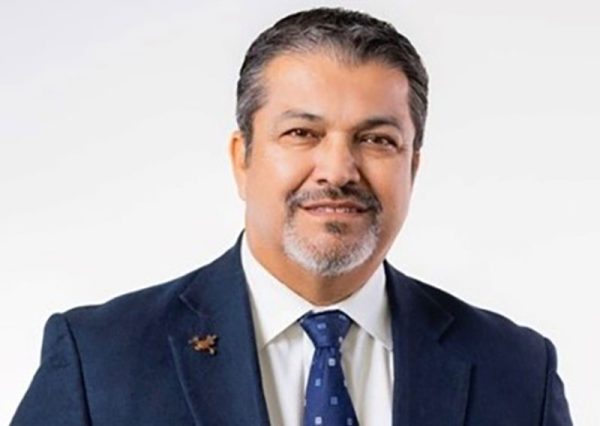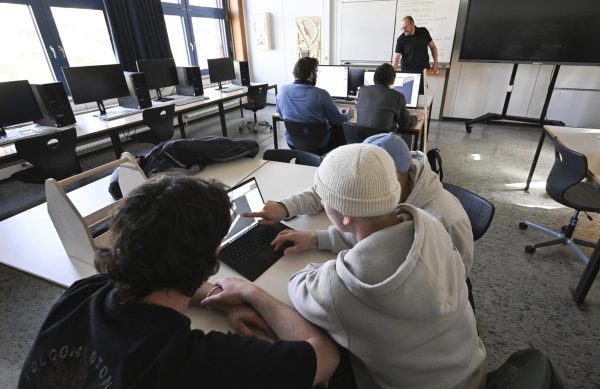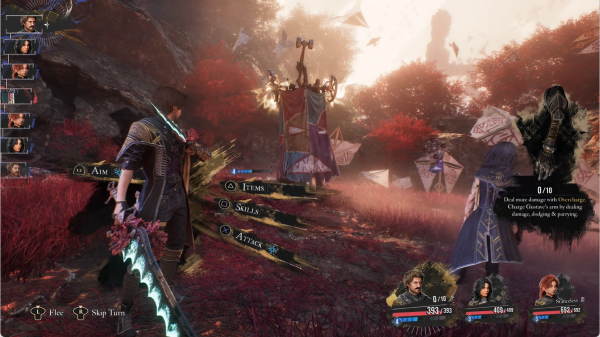What if the Supreme Court overturns Roe v. Wade?
In 1965, a woman who wished to remain anonymous received an illegal abortion. After finding out at forty years old that she was pregnant, she and her husband set out to find a local abortionist. With three children she was providing for already, they decided that they could not handle another. The woman scouted for a local abortionist, and on her journey, none were willing to compromise and “refused to interfere with nature.”
Her options included medical students who weren’t quite skilled in the technique, which could possibly leave her with after-effects, or the illegal route. After a few phone calls to some friends who had an abortion under the table, she received an estimate of $300 to $750 and called the physicians the next day. After meeting with the physician she felt most comfortable with, they quickly set up a doctor’s examination and discussed the operation. The doctor was kind and gave the woman a window in which to change her mind. After discussing the physical risks and symptoms she could suffer after the procedure, the doctor finished the abortion under 45 minutes, she left the office and flagged a cab home.
This is the story of One Woman’s Abortion, courtesy of The Atlantic.
Abortion shouldn’t be a moral matter but a justifiable one. Women are tired of being dictated about their bodies by men. Our bodies should not be up for debate.
Women shouldn’t have a reason as to why or what they want to do with their bodies. With acceptable reasoning like “her body, her choice,” to men and the supreme court, this is apparently not enough. Unfortunately, it is necessary, and it has always been necessary to defend ourselves as women. Whether we decide to want an abortion should be up to the woman and only the woman.
For years now, the debate of whether an abortion is morally acceptable has been at the center of the media. Abortion is common in the United States and is a critical component of comprehensive reproductive health care. Key demographic characteristics of abortion patients include age, relationship status, race and ethnicity, nativity, educational attainment, number of prior births, family income level and religious affiliation. Women who need or want an abortion shouldn’t have to plead.
One of the main points that pro-choicers want to inform audiences of is that abortion is a self-choice. Someone else’s opinion shouldn’t dictate other choices. I believe that we should keep politics and religion out of healthcare. Politicians create an agenda to undermine women’s healthcare. Politicians are increasingly enacting laws that mandate how health care providers must practice medicine, regardless of the provider’s professional judgment, ethical obligations, or the needs of their patients. This political interference with the provision of healthcare is unfair to patients. These restrictions will not stop abortions from taking place, just legal ones.









